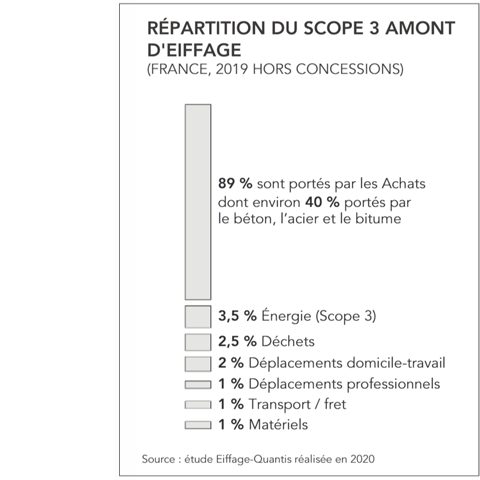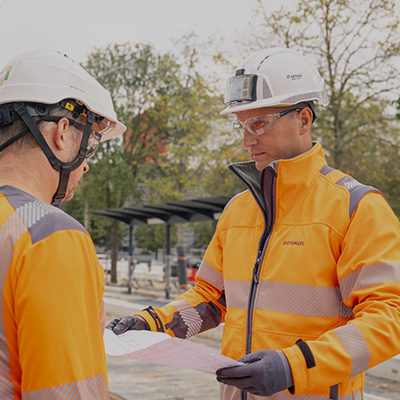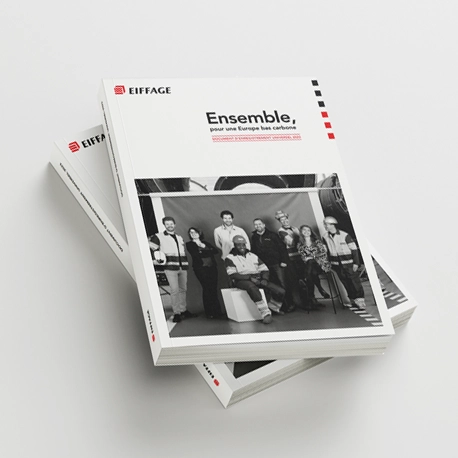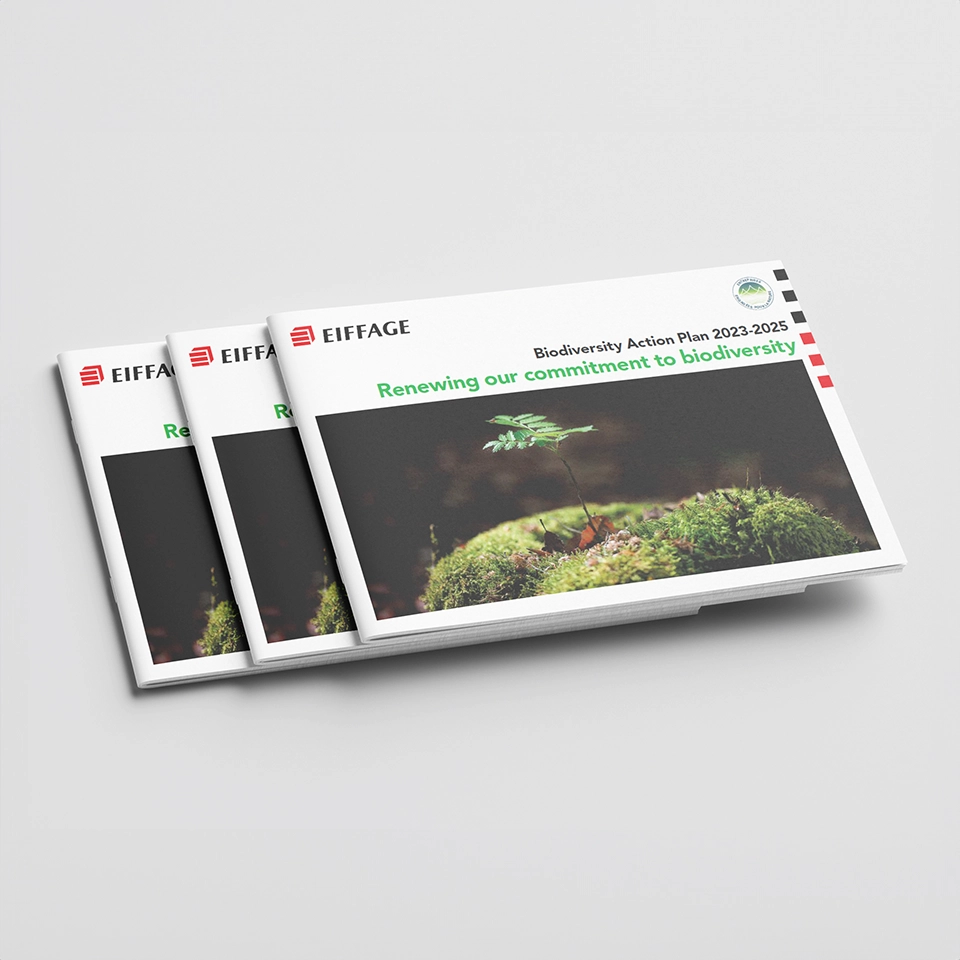Measuring greenhouse gas emissions

Since 2011, the Eiffage Group has regularly declared its Scope 1 & 2 CO2 emissions, i.e. all direct and indirect emissions related to our internal emissions within the Group.
In 2021, Eiffage implemented carbon reporting to record the Group’s Scope 3 upstream emissions in France. It identifies the highest-emitting business lines in terms of purchasing expenses incurred.
L’ élément suivant est une vidéo Carbon issues in purchasing within the Eiffage Group
Avoidance / reduction using innovative tools
In 2022, Eiffage developed internally a tool to compare the environmental performance of products, enhanced with purchasing data. It can integrate environmental performance analysis into our project purchasing or design activities.
L’ élément suivant est une vidéo Harnessing environmental data to meet customer expectations
Training purchasers
The high-performance tools provided to our purchasers can only be fully exploited if users are well versed in the major climate and environmental issues. In 2022, the Purchasing department therefore enhanced its “Purchasing and decarbonization: how to reduce the carbon footprint of your purchases?” training and made it mandatory for all purchasers within the Group.
Climate report
Since April 2020, Eiffage has been committed to controlling CSR risks and reducing our greenhouse gas emissions through our climate report, drawn up according to TCFD (Task force on Climate-related Financial Disclosures) guidelines, which specify the financial risks and opportunities linked with energy transition and climate change.
-
 Our low-carbon strategy
Our low-carbon strategyOur low-carbon strategy is based on two main objectives: first, reducing internal emissions in all Group business lines; and second, developing new low-carbon products and services or making those offered across different divisions more generally available.
-
 Ethics and social responsibility
Ethics and social responsibilityEiffage has established a deontological and ethical approach that applies to all its stakeholders, both internal and external. In particular, this approach promotes respect for people, suppliers, business ethics and sustainable development.
-
 Committed suppliers and subcontractors
Committed suppliers and subcontractorsAt Eiffage, the same ethical values and rules apply to our suppliers and subcontractors as to our employees. These include integrity, fairness and respect for the rights and obligations of all, and also require economic involvement at grassroots level, along with support for employment and access to employment.

